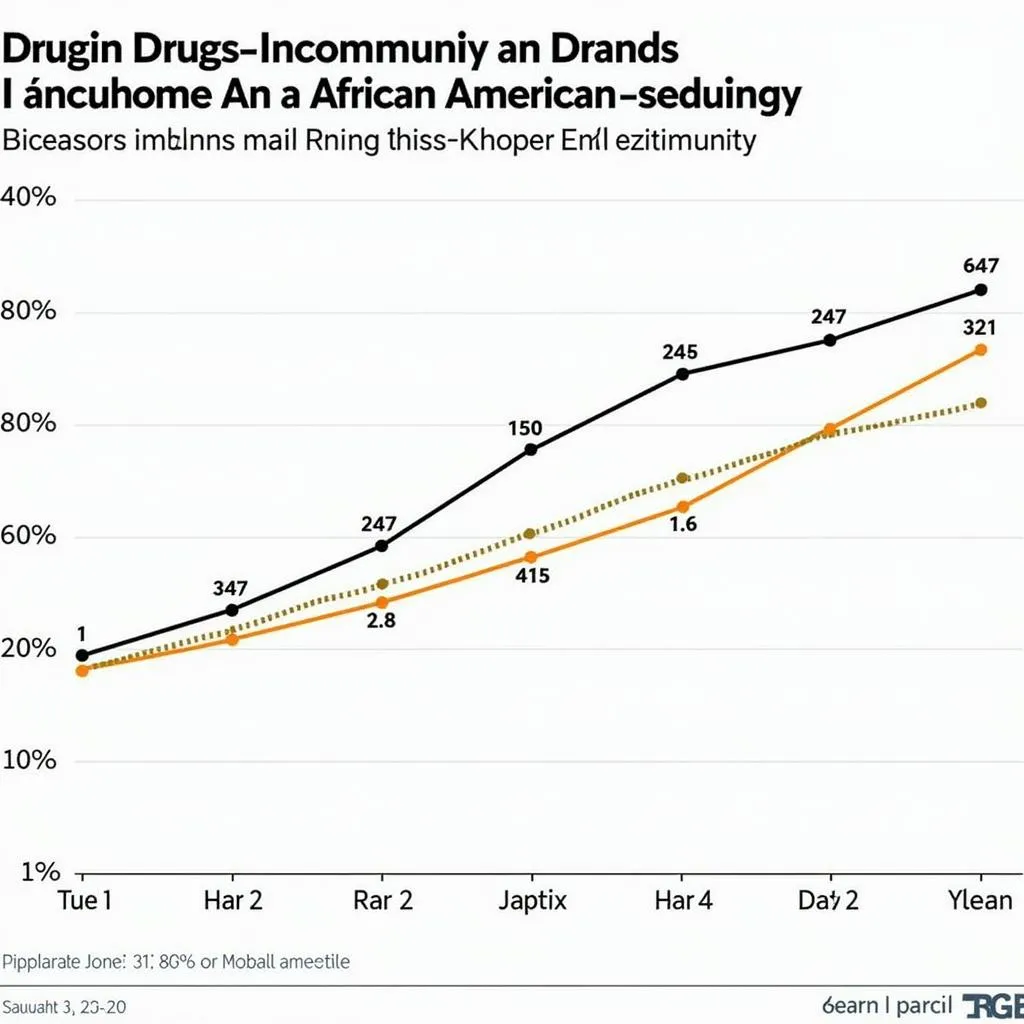The Vibrant Energy of African Carnival Dance
African Carnival Dance is a captivating spectacle of vibrant costumes, pulsating rhythms, and infectious energy. It’s a celebration of life, heritage, and community, drawing on ancient traditions and evolving with contemporary influences. More than just entertainment, these dances are a powerful expression of African identity and cultural pride.
The roots of African carnival dance run deep, intertwined with the continent’s rich history. From traditional ceremonial dances to the influences of colonization and the subsequent rise of unique carnival celebrations across the diaspora, each movement tells a story. The dances reflect the diverse cultures and experiences of the African people, showcasing their resilience, creativity, and deep connection to their heritage. Some carnivals draw inspiration from European traditions, while others, like the vibrant Notting Hill Carnival in London, celebrate Caribbean heritage with a strong African influence. The music, often a fusion of traditional African rhythms with modern genres, adds another layer of complexity and excitement.
Exploring the Rhythms and Movements of African Carnival Dance
African carnival dance is characterized by its dynamic movements, often involving the entire body. The intricate footwork, swaying hips, and expressive gestures create a mesmerizing display of athleticism and artistry. The costumes, often brightly colored and adorned with feathers, beads, and intricate designs, enhance the visual spectacle and add to the festive atmosphere. The music, a driving force behind the dance, ranges from traditional drumming and chanting to contemporary Afrobeat and other popular genres. This fusion of old and new creates a unique and exhilarating soundscape that fuels the energy of the carnival.
You’ll find that many carnivals emphasize community participation. It’s not just about watching; it’s about joining in, feeling the rhythm, and becoming part of the collective energy. This shared experience fosters a sense of unity and belonging, strengthening community bonds and celebrating the power of cultural expression. For instance, you might find a dance reflecting agricultural practices, celebrating a bountiful harvest, or telling the story of a historical event. The diversity within African carnival dance is immense, with each region and country boasting its own unique styles and traditions.
After this opening section, you might be interested in reading about the African Booty Dance on Carnival.
A Celebration of Culture and Community: African Carnival Dance
African carnival dance is more than just entertainment; it’s a powerful expression of cultural identity and pride. It provides a platform for communities to showcase their traditions, share their stories, and connect with their heritage. The vibrant costumes, energetic movements, and infectious music create an atmosphere of joy and celebration, bringing people together from all walks of life.
This immersive experience allows participants to connect with their roots and celebrate the richness of African culture. From the elaborate costumes to the intricate choreography, every aspect of African carnival dance tells a story and reflects the unique traditions of the community. Many carnivals also incorporate traditional storytelling, music, and food, providing a holistic cultural experience.
What Makes African Carnival Dance Unique?
What sets African carnival dance apart is its connection to the past and its evolution in the present. While rooted in ancient traditions, it constantly adapts and incorporates new influences, reflecting the ever-changing cultural landscape. This dynamic nature ensures that African carnival dance remains relevant and vibrant, appealing to both young and old. The fusion of traditional and contemporary elements creates a unique and captivating experience, drawing audiences in and leaving a lasting impression.
The contagious energy, vibrant colors, and powerful symbolism of African carnival dance create an unforgettable experience for both participants and spectators. It’s a celebration of life, culture, and community, a testament to the resilience and creativity of the African people. You can learn more about a specific event by checking out the African Carnival Edmonton page.
The Future of African Carnival Dance
African carnival dance continues to evolve, embracing new influences and reaching new audiences. As African culture gains global recognition, these vibrant dances are becoming increasingly popular, attracting participants and spectators from around the world. This global interest helps to preserve and promote African cultural heritage, ensuring that these traditions continue to thrive for generations to come.
It’s important to recognize the cultural significance and avoid reducing it to mere entertainment. For a look back, check out African Carnival 2019. You can also learn more about the African King Costume.
In conclusion, African carnival dance is a vibrant expression of culture, community, and heritage. It’s a captivating spectacle of color, movement, and rhythm that transcends borders and connects people from all walks of life. Through its dynamic evolution and global reach, African carnival dance continues to inspire and uplift, celebrating the enduring spirit of the African people.
FAQ
-
What is the significance of African carnival dance?
African carnival dance is a celebration of culture, community, and heritage, expressing identity and pride. -
What are the key characteristics of African carnival dance?
Dynamic movements, vibrant costumes, and rhythmic music are key characteristics. -
How does African carnival dance connect to the past?
It is rooted in ancient traditions, often reflecting historical events and cultural practices. -
How does African carnival dance evolve in the present?
It constantly adapts and incorporates new influences, blending tradition with contemporary elements. -
What is the future of African carnival dance?
It is gaining global recognition, attracting new audiences and helping to preserve African cultural heritage. -
Where can I learn more about specific African carnivals?
Resources like the African Carnival Edmonton page offer more information. -
Are there resources to learn about traditional African costumes?
Yes, you can find information on websites such as the one featuring the African King Costume.
Common Scenarios and Questions
Scenario: A traveler wants to experience an African carnival.
Question: Where can I find information about upcoming African carnivals?
Scenario: A student is researching African dance traditions.
Question: What are some good resources for learning about the history and cultural significance of African carnival dance?
Further Exploration
Explore more about the diverse dance forms found at African carnivals by searching for “African booty dance on carnival” or if you are interested in more explicit content, you can search for “African fucking in carnival.”
Call to Action
For assistance, please contact us at +255768904061 or kaka.mag@gmail.com. You can also visit us at Mbarali DC Mawindi, Kangaga, Tanzania. We have a 24/7 customer service team.

